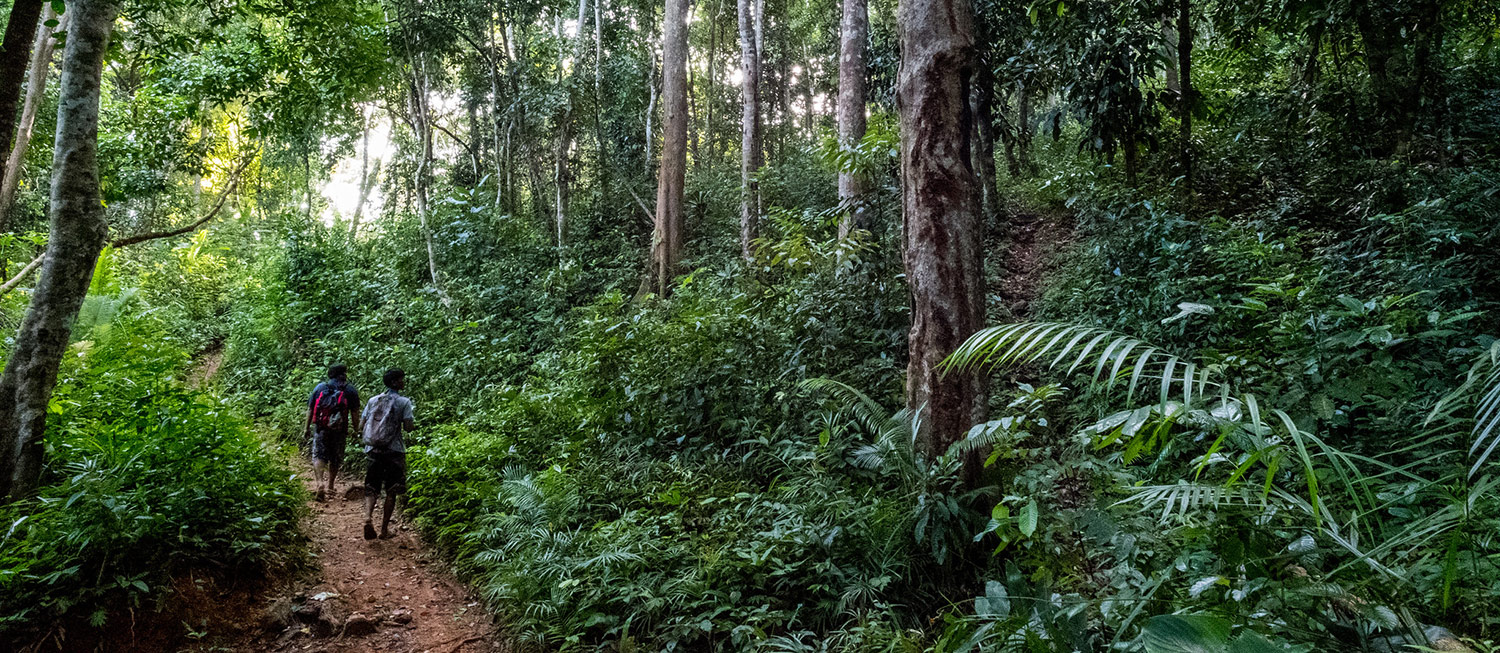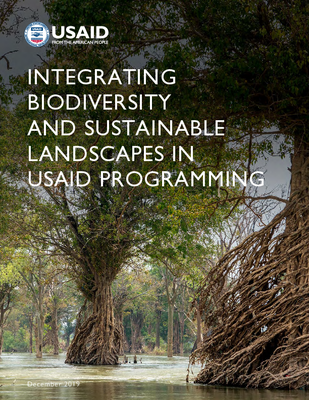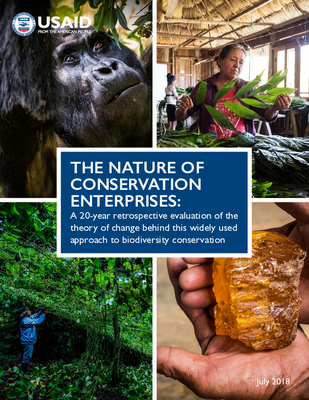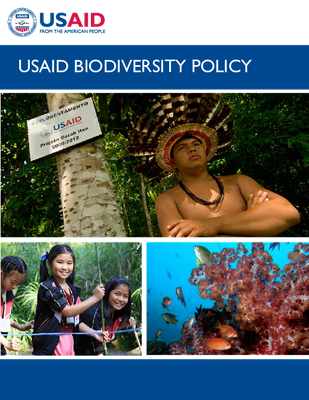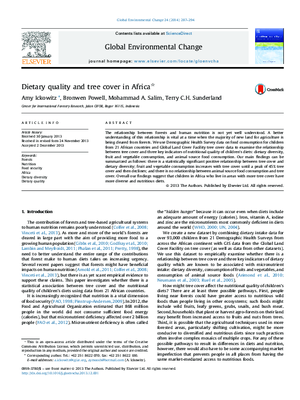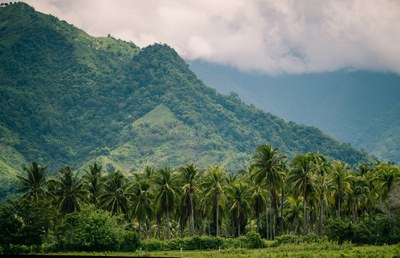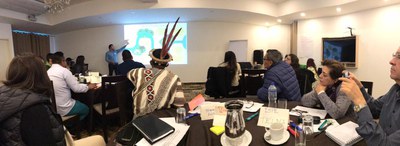Forests supply a wealth of benefits: they protect biodiversity and water resources, store carbon, provide wildlife habitat, improve health and nutrition, and shelter communities from weather and climate extremes. More than a billion people rely on forests for some portion of their livelihoods, and of the people living in extreme poverty, more than 90 percent are dependent on forests for at least part of their income. Sound management of forests and other natural resources is integral to a country’s development, resilience, and self-reliance. USAID partners with about 45 countries to protect, restore, and manage their forests while reducing poverty and improving lives.
Activities
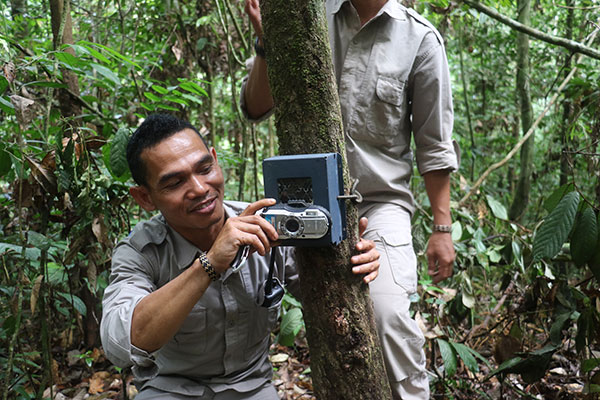
LESTARI
USAID LESTARI supports the Government of Indonesia to conserve biodiversity and reduce greenhouse gas emissions in biologically significant and carbon-rich forest and mangrove ecosystems. LESTARI applies a landscape approach, integrating forest and peatland conservation with low emissions development on degraded land.
Learn more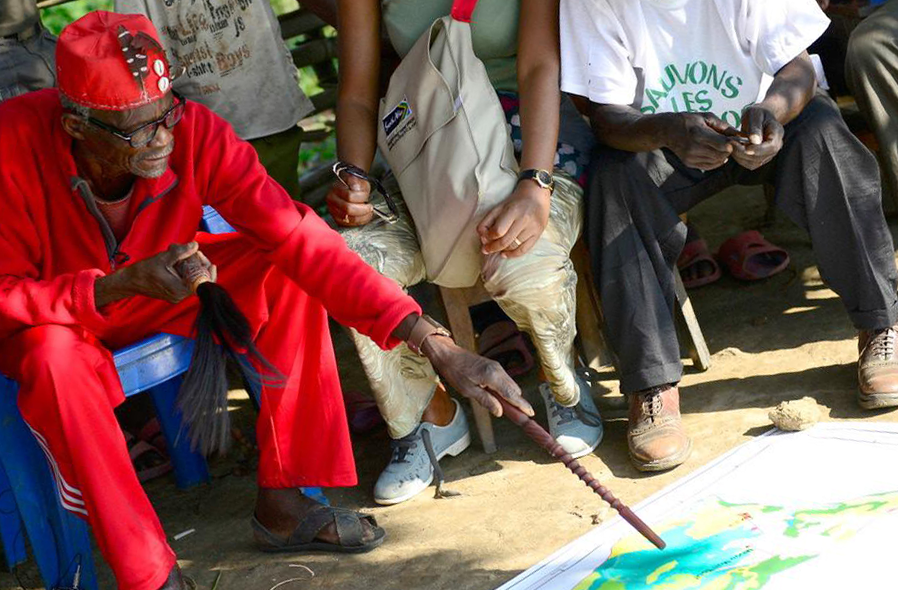
Central Africa Regional Program for the Environment (CARPE)
CARPE is a long-term initiative of the United States Government to promote sustainable forest management, biodiversity conservation, and climate change mitigation in the Congo Basin through increased local, national, and regional natural resource management capacity.
Learn more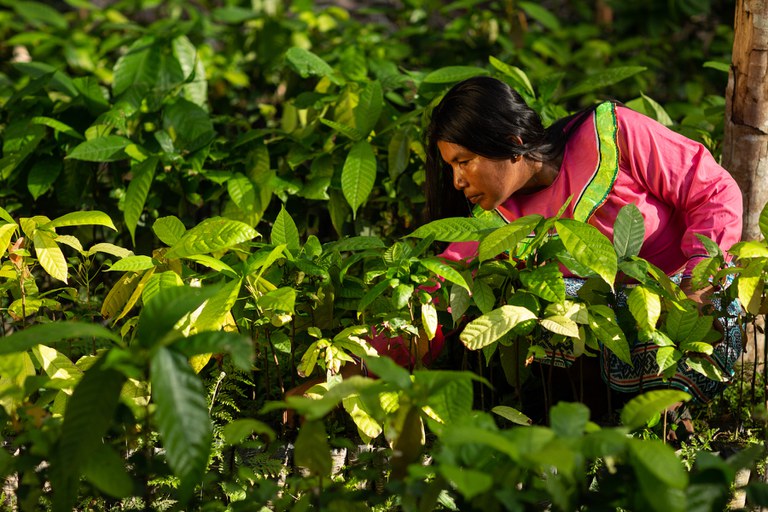
Alianza Forestal
Alianza Forestal (Forest Alliance) supports the conservation of Amazon forests through Communal Forest Management. The activity aims to improve the quality of life of Indigenous Peoples of the Ucayali region in Peru by promoting inclusive sustainable businesses and supporting alliances between native communities and public and private organizations.
Learn moreStories
-
Oct 06, 2020
Protecting Ecosystem Goods and Services: Integrated Approach to Biodiversity Conservation in a Philippine Protected Area
Recognized by the Biodiversity Integration Case Study Competition judges as an example of programming that describes processes and enabling conditions needed to facilitate integration and provides a clear narrative of steps taken in implementing integrated climate, biodiversity, and democracy, human rights, and governance programming. -
Oct 06, 2020
Community Stewards of Natural Resources: Integrating Democracy, Human Rights, and Governance with Sustainable Forest Management in Liberia
One of two 2019 USAID Biodiversity Integration Case Study Competition winners and recognized by the judges as a compelling example of integration that shows how a Mission’s Economic Growth and Democracy, Rights, and Governance Offices worked together to address biodiversity loss, promote sustainable community forest management, and strengthen forest governance. -
Oct 06, 2020
Allies in Biodiversity Conservation: Integrating Indigenous Human Rights and Biodiversity Conservation in the Amazon
This case study was recognized for identifying support to indigenous peoples as a key approach for conservation and sustainable landscapes and using political economy analysis to inform integrated climate, biodiversity, and democracy, human rights, and governance programming decisions.


